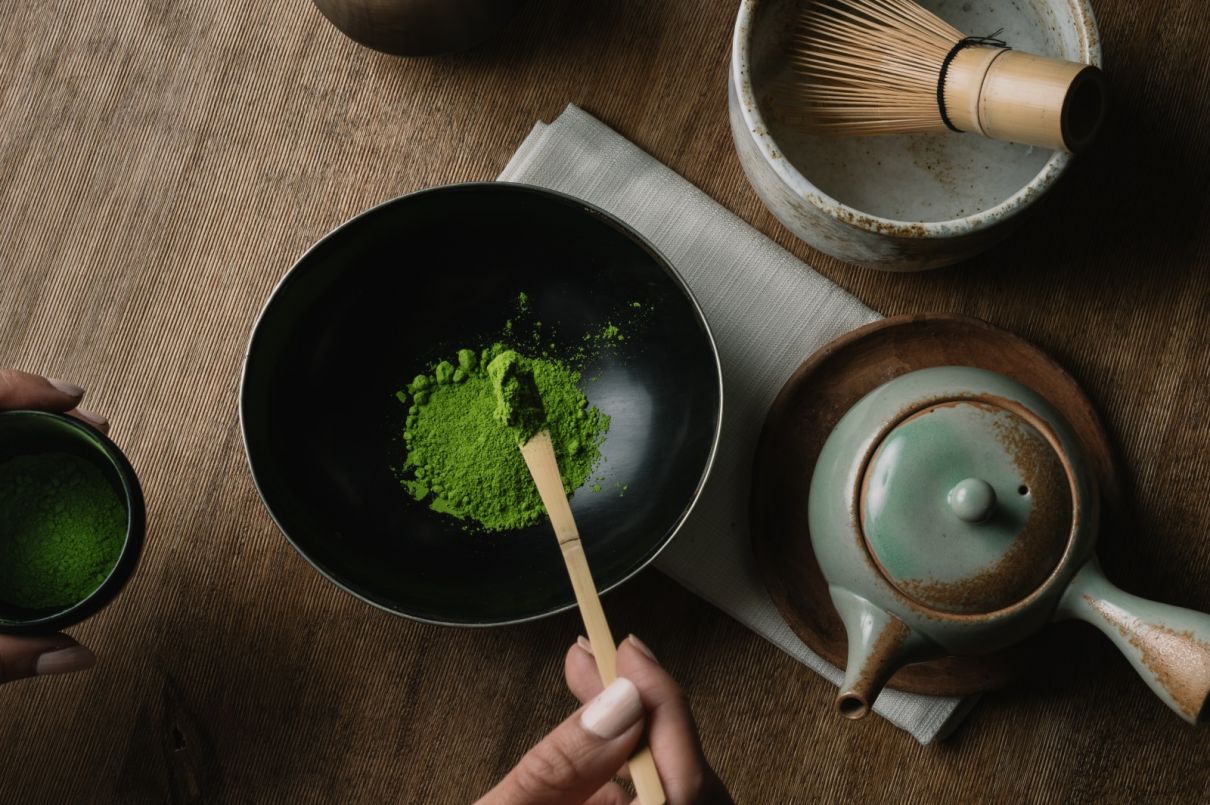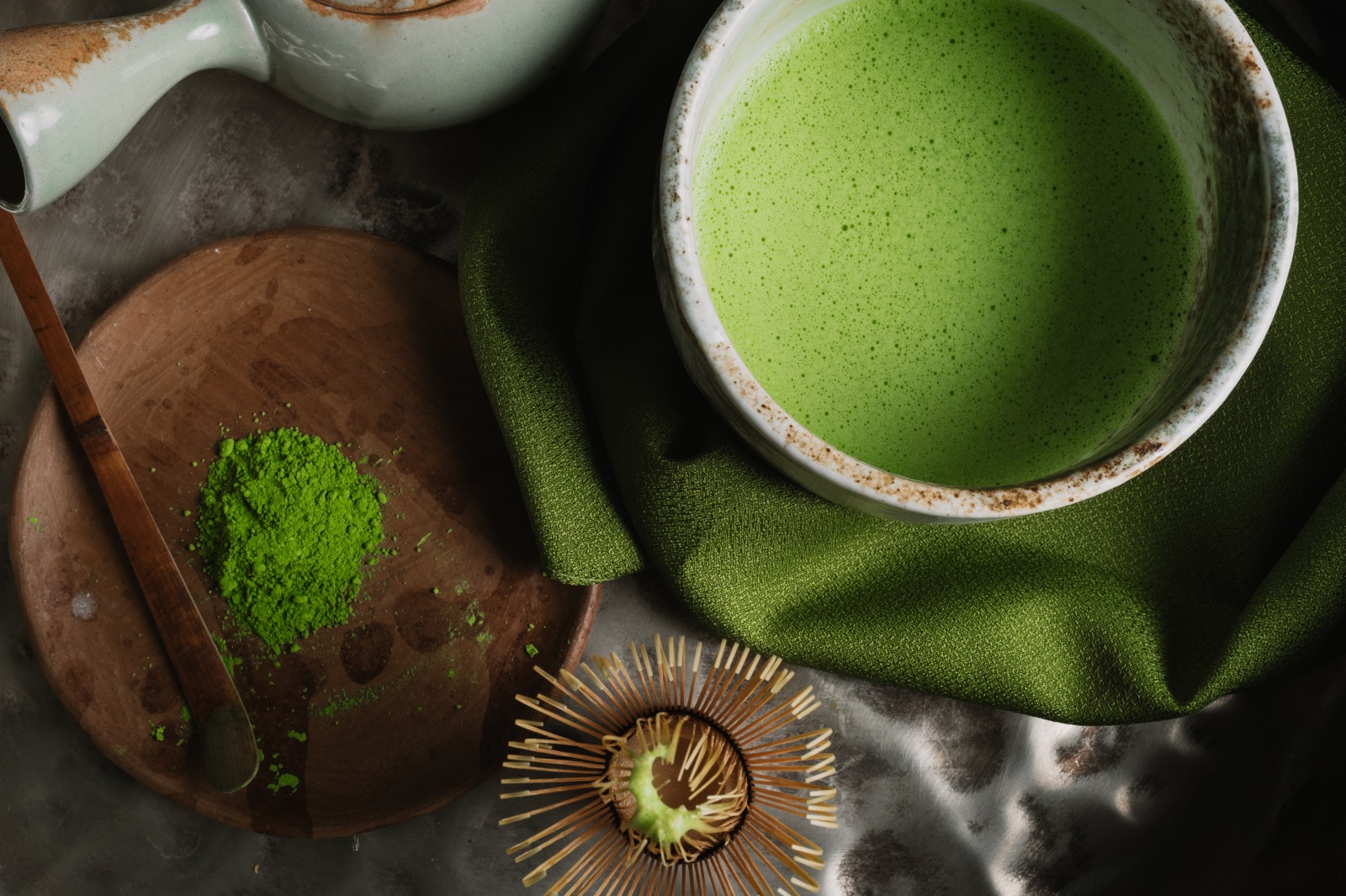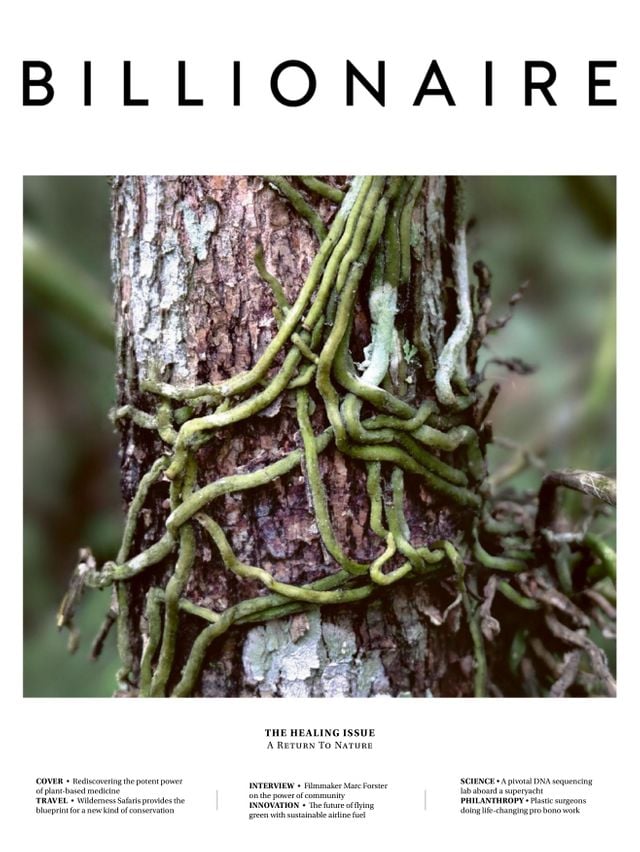Finding the Quiet Within

Tea sommelier and entrepreneur Yureeka Yasuda takes us through the art of Matcha tea making.

The tea ceremony, chanoyu or chado in Japanese, “茶道” (directly translated as ‘the way of tea’) is a ritual of intention and quiet reflection. It’s one of three Japanese traditional art forms that take years, even a lifetime to master; alongside kado (flower arrangement)and shodo (calligraphy).
A traditional chanoyu gathers around the artful preparation, presentation and enjoyment of matcha, a particular type of powdered shaded green tea. It’s also a time to connect and appreciate the present.
There are four principles that define tea ceremony: Wa 和, Kei 敬, Sei 精, and Jaku 寂, which mean harmony, respect, purity and tranquillity. They are the notions that practitioners of tea endeavour to integrate into their daily lives.
Chado embodies the Japanese philosophy of “wabi sabi”- which sees beauty in the imperfect and flawed. Instead of abundance and extravagance, in the art of tea, we appreciate simplicity. Rustic aesthetics is valued; the opposite of idolising perfection. The passage of time, impermanence, and openly accepting the transience of existence are important elements of wabi sabi. Collectively, it encourages a humble existence, fostering a closer connection to nature and oneself.
Matcha historically was first used by Buddhist monks in Japan to assist with meditation and prayer. It helped them stay alert but maintain a relaxed state of mind.
There is now scientific evidence explaining the numerous health benefits that matcha naturally provides. There are over 250 components in the shaded leaves- which are harvested, steamed, dried, destemmed, deveined, and then stone-milled to make matcha. In particular, l-Theanine is an amino acid that has a calming effect thanks to a boosted production of alpha waves in the brain. Caffeine increases energy and alertness but with a slower release (than coffee, for example), allowing a much longer-lasting sustained effect. The combination of the two creates a state of relaxed concentration and noticeabley enhanced clarity. Modern life can be stressful but drinking green tea can help prevent feelings of burnout and instead promote a general sense of wellbeing.
Furthermore, the catechins, antioxidants, potent antibacterial and antiviral agents, matcha can assist the body’s fight against free radicals, cell damage, illness, infection and disease. It is thought to lower cholesterol and reduce the risk of high blood pressure. Polyphenol intensifies levels of fat oxidation and the rate at which the body turns food into calories. A natural detoxifier, matcha increases metabolism, making it a safe weight-loss aid.
It is worth noting that choosing a high quality matcha is important, as not only will it taste better (sans bitterness that matcha is often misconceived to possess), but the green tea powder will have a pronounced umami flavour. It will have been treated and processed with more care, keeping those nutritional properties intact. Make sure it comes from a reliable traceable source, non-toxic organic fields, with harvest and ideally cultivar indicated.

The Ritual
Preparing a bowl of matcha is simple but with some mindfulness, it can be turned into a ceremony of reflection.
I focus on the tea in front of me, my movements and breath slow and calm. I dedicate the experience to push away unsettling thoughts, whether this is for the next 10 minutes, 30 minutes, or an hour.
Notice the gentle aroma of the tea. The sound of the whisking. The smooth texture of the froth. The natural flavours of the leaves. Admire its transformation from powder to potion, it’s beauty and intensity. Take a sip. Close your eyes and take a moment to check in with yourself and disconnect from your consuming schedule. Be present. Be aware that life is about impermanence. Release any material thoughts or stresses and set an intention for the ceremony. This is a moment for pause and reflection. It’s the simple habits in life that carry so much depth. Consistency is what defines our lifestyle.
Tea rituals symbolise beginnings, endings, safety, control, comfort and containment. Within chado we must do things in the same way and sequence. Adapting a daily ritual or habit provides safety and predictability, which in turn enables us to feel safe and connected. Thus, the preparation of tea ultimately reduces anxiety and stress. It heals our state of mind from disturbances.
The focus of “tea” tends to fall on the physiological benefits we obtain from drinking it, but the beauty of Japanese matcha lies far beyond just this. The ritual practice has healing powers. I believe tea is a way of elevating oneself.
Yureeka Yasuda is a certified tea sommelier and the founder of Sayuri teas: a contemporary Japanese brand of specialised artisanal green teas and organic matchas.









